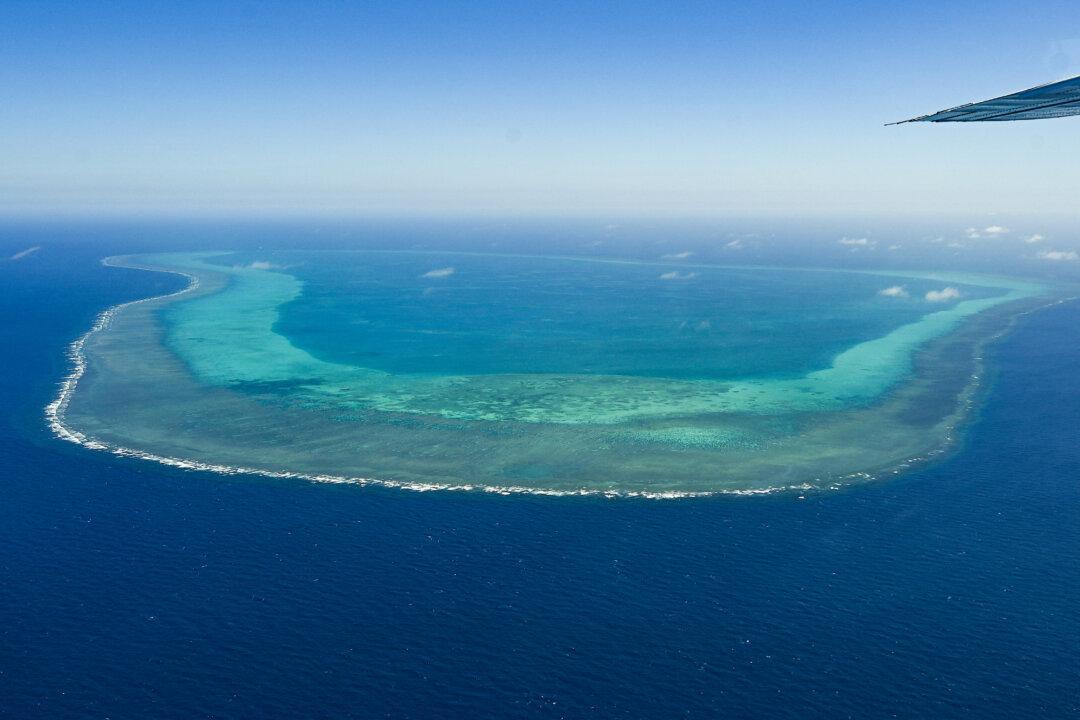Tensions have intensified over the Scarborough Shoal after the Philippines accused the Chinese military of taking “dangerous and provocative actions” in the air over the South China Sea.
The Philippine air force on Aug. 9 said two Chinese aircraft dropped flares in the path of a Philippine patrol plane on Aug. 8, endangering the crew. The Chinese air force defended its move, saying it was a “professional” and “justified” response to the Philippines’ incursion.





